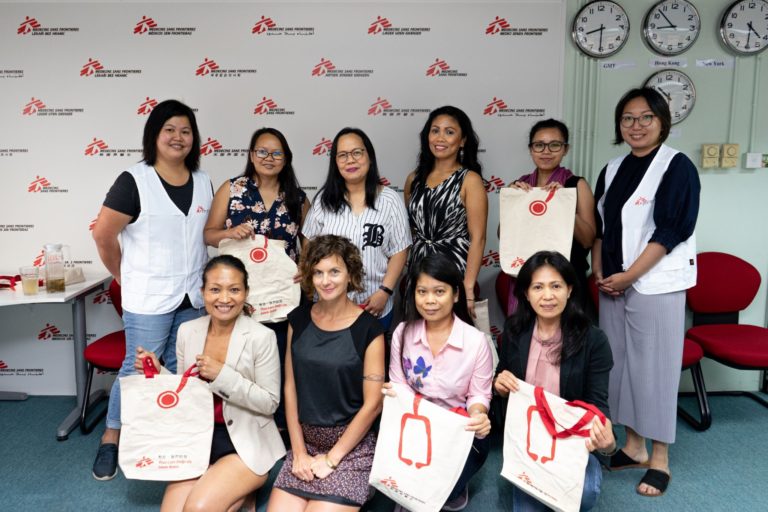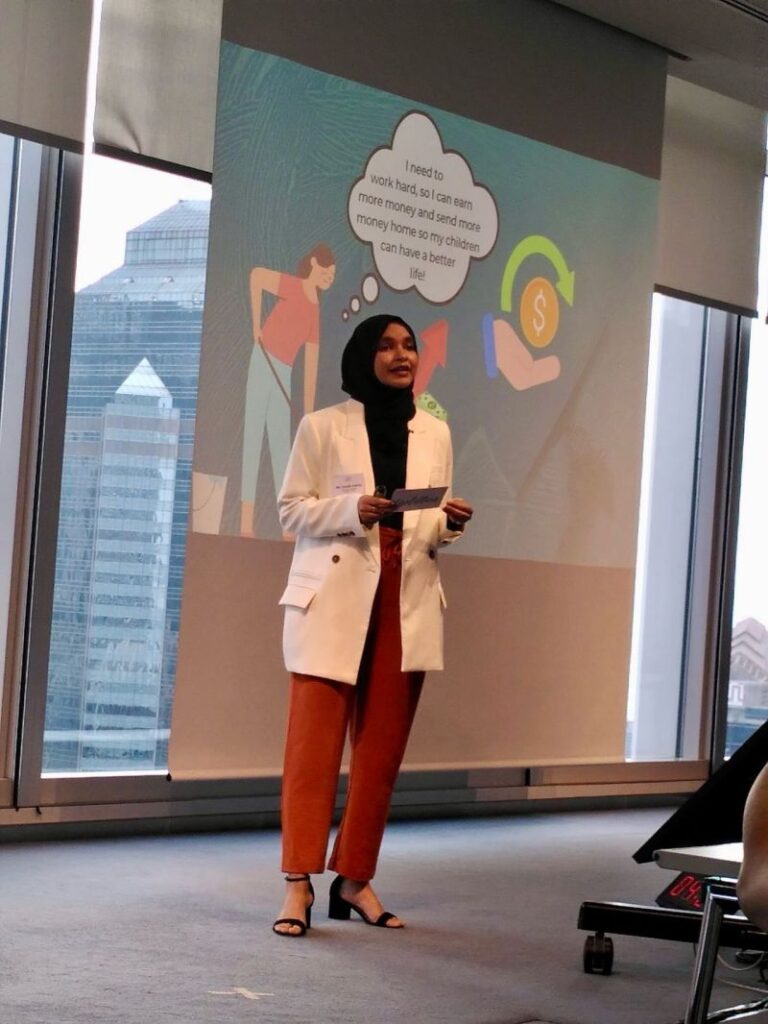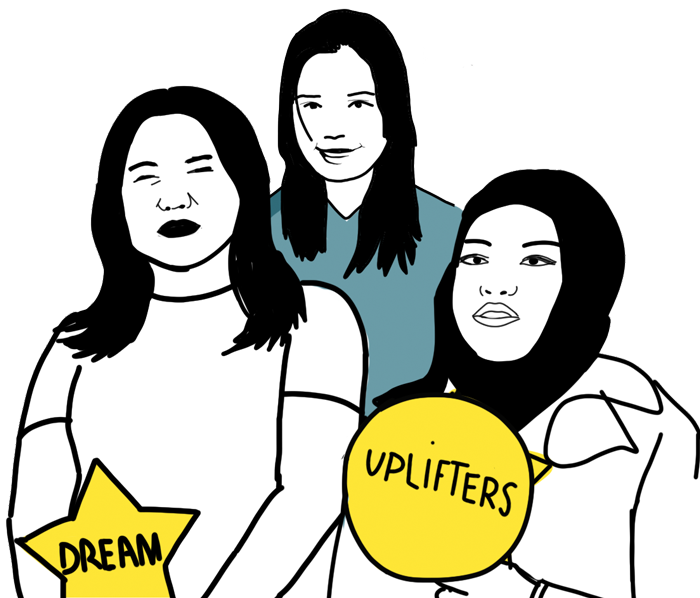In 2020, 72% of migrant domestic workers (MDWs)reported signs of depression in Hong Kong (2020 Mental Health Need Assessment Survey conducted by Uplifters and MSF/Doctors Without Borders). This article discusses Uplifters’ approach to mental health and how the COVID-19 pandemic has worsened the situation for our community. The three main initiatives Uplifters developed to fill service gaps are: bringing professionals on board to train community leaders, reviewing our signature program with mental well-being education, and raising awareness with social media campaigns.
Uplifters’ approach to mental health
Uplifters’ goal is to help people uplift their lives. One of our three core values is positivity. However, we want to make it clear that we don’t encourage forced positivism. It is impossible to be happy at all times. Emotions such as fear, anger, sadness or anxiety are normal. The more one struggles with these emotions, the harder it is to cope. It’s all about being kind to ourselves, accepting these emotions, acknowledging them regularly, giving ourselves space and time to process, and knowing when it’s time to ask for professional help. Then, when the time comes, we can move on and act towards building a meaningful life. Uplifters believe this is where happiness starts, where there is meaning.
How the COVID-19 pandemic has worsened the situation for our community
In a typical year without COVID-19, most domestic workers face high financial pressure. This, combined with homesickness and often difficult working conditions, makes them prone to mental health issues.
The outbreak has amplified some of the pre-existed vulnerabilities, hence worsening their situation. Currently, financial pressure has increased as their families have been/are still in lockdown with greater expenses. Migrant domestic workers have heavier workloads with their employers staying at home, and face job uncertainty (employers’ loss of income/relocations, visa renewals, travel bans, etc.) also proved very stressful.
Sadly there is very little mental health education, support, programs or resources available to domestic workers. Therefore, the gap in services needs to be addressed. Their only safety nets are community gatherings and religious activities which have been restricted due to social distancing laws, making them feel alone and helpless. Making their migration successful is harder than ever, with dire consequences at both personal and societal levels.

The MDWs have also been highly stigmatised during the outbreak. People assume that they bring COVID-19 back to their employers’ homes. Some employers ban them from going out on their only day off.
You can read our Amnesty International Hong Kong article to learn more about how the COVID-19 pandemic disproportionately impacts migrant domestic workers in Hong Kong: Working as Migrant Domestic Workers under COVID-19 doubles the penalty.
Getting mental health professionals on board to train community leaders
As Uplifters is not qualified in mental health training, we collaborated with professionals to bridge the gap in services to support mental health. Since 2020, Uplifters has taken several initiatives to enhance the mental well-being aspect in our programs. One of our initiatives was collaborating with Doctors Without Borders Hong Kong (MSF), a well-known international medical humanitarian organisation. In 2020, we conducted a needs assessment survey in Hong Kong that sampled 100 respondents. The survey’s conclusion indicated a need to create mental health capacity training for migrant domestic workers in Hong Kong.



